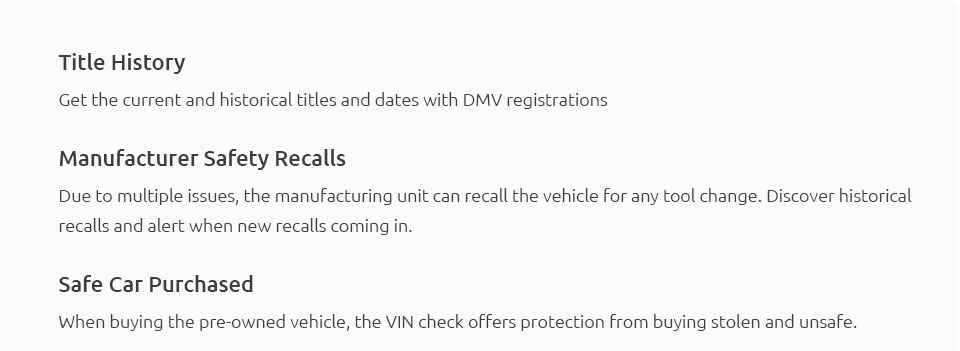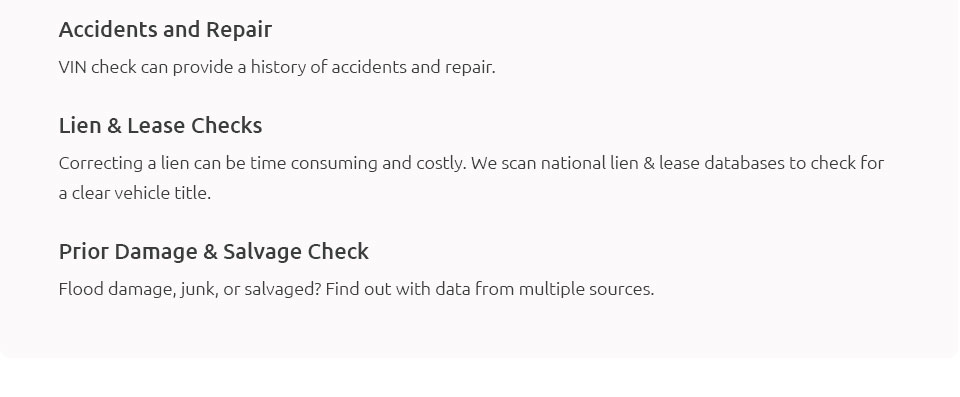 |
 |
 |
 |
 |
||
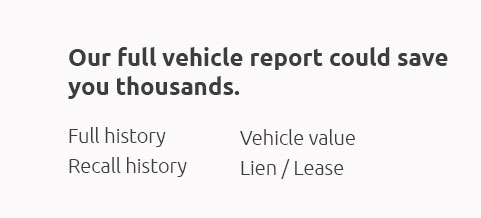 |
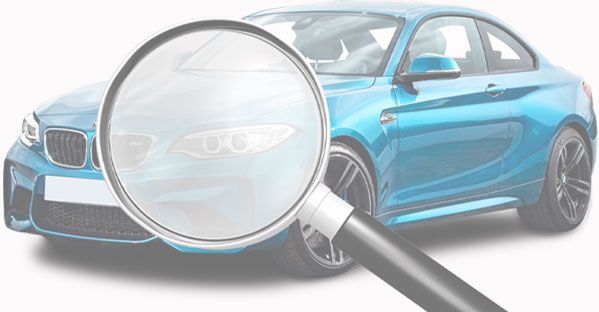 |
|
 |
 |
|
 |
 |
 |
 |
||
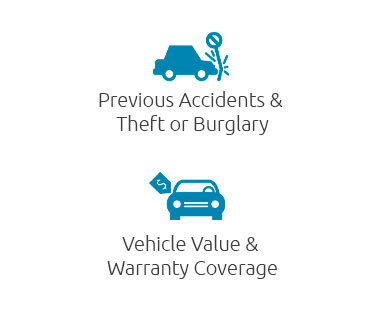 |
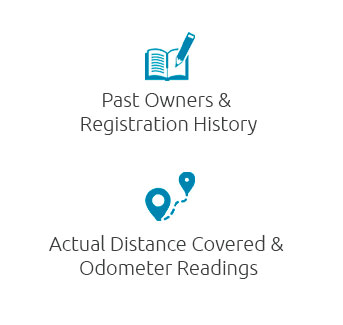 |
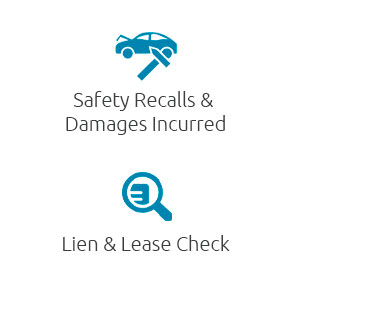 |
 |
 |
 |
||||
|
||||
 |
 |
|
Unleash the power of knowledge with our Vin Check Service, where every car's story unfolds at your fingertips-it's not just about numbers, it's about understanding the life behind the machine; delve deep into comprehensive car histories by VIN, unlocking secrets hidden under the hood, and go beyond the basics with our unique feature: Check License Plate Owner, giving you the ultimate edge in transparency and trust, because when it comes to your next ride, you deserve more than just information-you deserve the truth.
https://www.youtube.com/watch?v=mcBp6eVkgf8
If you need to find the owner of a license plate in Florida, you must follow legal guidelines under the Driver Privacy Protection Act (DPPA) ... https://dev2.docusearch.com/florida-license-plate-search.html
Our Florida License Plate Owner Lookup is guaranteed to return the current registered owner's name and address along with the vehicle make, model, year, ... https://vincheck.info/free-license-plate-lookup
VinCheck.info offers a 100% free vehicle history report through an online license plate lookup. This service allows you to obtain all the crucial information ...
|

